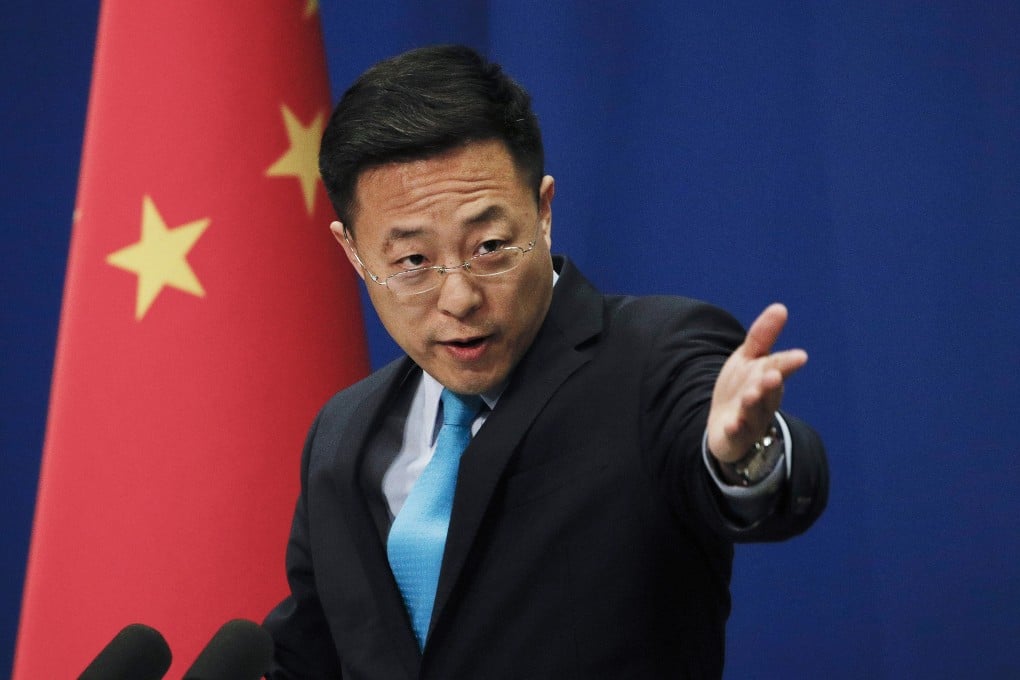Advertisement
Is it time for China to leash its Wolf Warrior diplomats?
- Many of the country’s envoys have taken a more strident approach but some insiders are calling for a more tempered strategy towards the rest of the world
- The internal debate is part of a broader discussion on how to manage relations with the US
3-MIN READ3-MIN

Until just a few years ago, China’s diplomats were known largely for their caution and restraint.
For decades their approach was to give little away in public but as relations soured with the West – and the United States in particular – there was a noticeable change towards a more aggressive tack.
Chinese diplomats became more strident in their comments and became branded Wolf Warriors, a reference to a nationalistic movie franchise that was hugely popular in China.
Advertisement
The ideological conflict between China and other countries has intensified rapidly since the coronavirus pandemic and the enactment of the national security law in Hong Kong, leading to a global coalition against Beijing, according to a source close to the government.
He noted that there was some disagreement in the Chinese diplomatic community about the virtues of the approach, with some saying it risked alienating the country from the rest of the world.
Advertisement
The internal debate is part of a broader discussion on how to manage relations with the US, which have been in free fall this year and are expected to further deteriorate in the lead-up to the US election in November.
Advertisement
Select Voice
Select Speed
1.00x